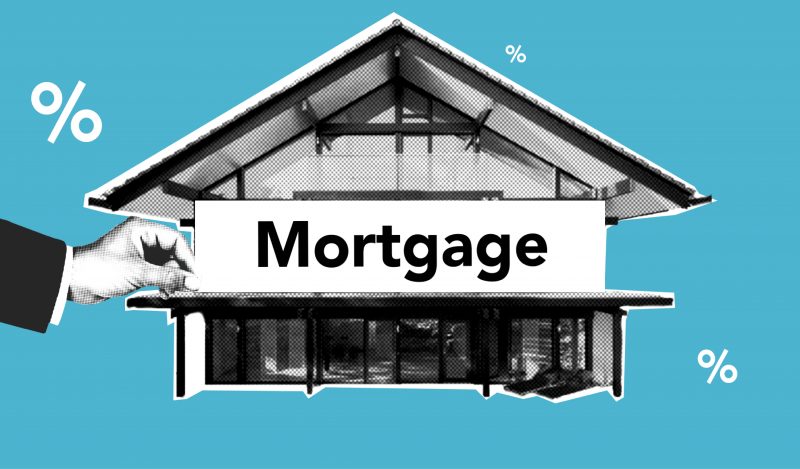Getting a mortgage can be more complicated than it seems at first glance. Because of this, it’s important that you always read the small print in order to avoid any nasty surprises!
What Type of Mortgage is it?
There are a whole host of mortgages, which all work a bit differently to one another. The Mortgage Genie has a helpful guide you can use to find out more about each type of mortgage.
What is the interest rate?
Firstly, it’s important to know whether the interest rate is fixed or variable… will it stay the same or will it change over time?
Low rate offers may have hidden fees and charges that you aren’t initially aware of. This means that they may offer you a really competitive interest rate but actually end up more expensive than other offers. If a deal seems too good to be true, it very well might be…
Lenders must include mortgage related fees as part of their annual interest calculation, meaning that it’s more important for you to look at a lender’s APR (annual percentage rate) than their interest rate.
What Fees do I have to Pay?
There are various charges involved when getting a mortgage which differ depending on the provider. It’s important that you consider their impact on the overall cost of getting a home, as they can add up more than you think.

- Mortgage arrangement fees… these are the cost of arranging the loan. The lower the interest charged by the lender, the higher the arrangement fee tends to be. This means that the benefit you get from paying less interest could effectively be erased due to paying more in fees
- Valuation fees… your lender might charge you money for commissioning a mortgage valuation. The mortgage valuation is a standard inspection of the property you are interested in to judge if it’s worth the amount of money you want to borrow. Some lenders don’t charge for this but it’s not an industry standard to waive this fee
- Booking fees… you might be charged money when you apply for a mortgage deal and this often isn’t refundable if the mortgage happens to fall through
- Stamp duty land tax… if buying a residential property over £250,000 (or over £425,000 if you’re a first time buyer), you must pay stamp duty land tax. You can find more information on this on the government website
- Early repayment charge… some lenders charge you a fee if you want to end your mortgage deal before the end of the term you originally agreed upon. Some fixed rate mortgages don’t have early repayment charges or won’t ask for payment if you’ve been repaying for a certain number of years. It’s a good idea to be aware of whether early repayment charges are included on your mortgage deal. You should also contact your lender before overpaying on mortgage instalments so that you’re fully aware of any implications that come with it
- Mortgage protection insurance… this covers your monthly mortgage repayments if you can no longer afford them. It’s not included in your mortgage loan but you might want to take it out as an insurance policy alongside your mortgage. There are different types of mortgage protection insurance, covering different circumstances. Some policies cover missed payments from unemployment, some from accident or sickness, and some cover both. Alternatively, you may take out income protection insurance which replaces a proportion of your income if you are unable to work due to accident or illness. If you do choose to take out any extra policies like this, you should factor in the cost of this cover to your overall cost of buying a house
This is by no means a comprehensive list, but it does help to illustrate some of the extra payments you might not have yet thought about…